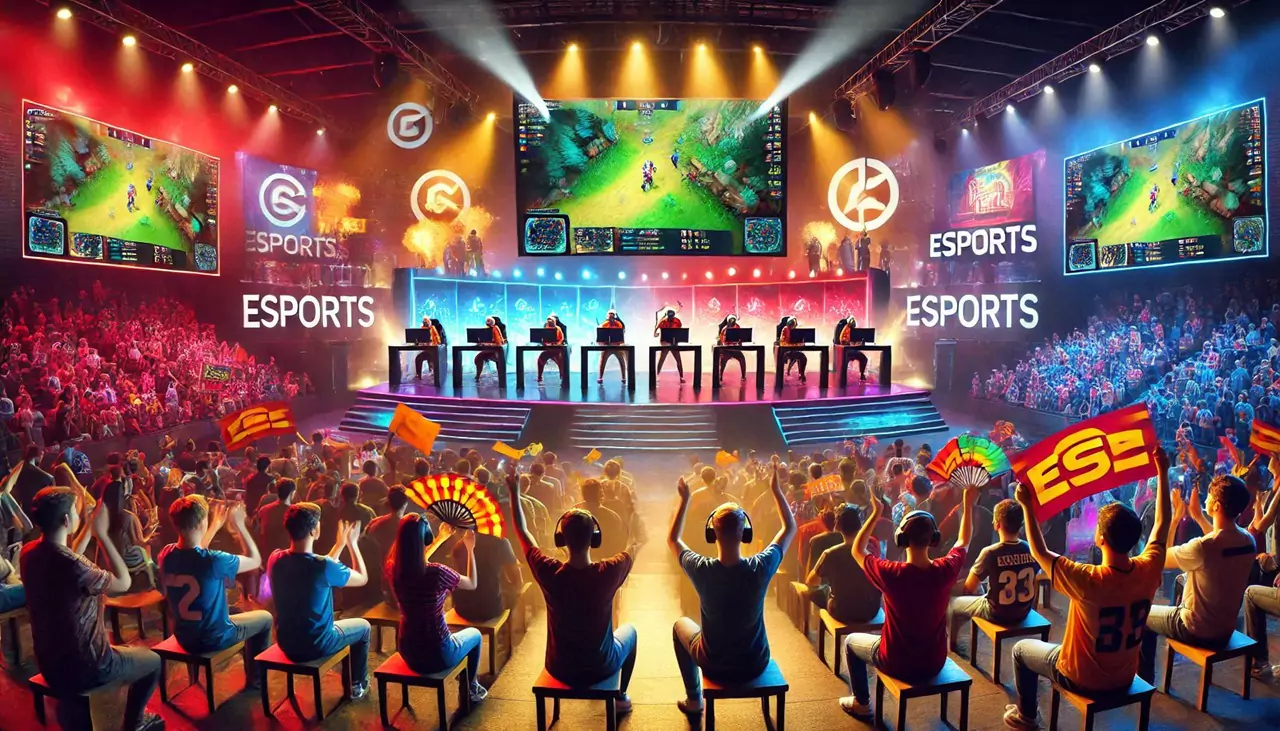In 2023, the esports market was valued at USD 1.97 billion, and it is projected to grow at a CAGR of 17.48%, reaching USD 5.18 billion by 2029.
Research and Markets’ 317-page comprehensive market analysis report, providing detailed insights into the global esports market trends, opportunities, challenges, and competitive landscape for 2024-2029. Here are some key highlights:
Market Leaders
Six major companies dominate the global market:
- Sony Group Corporation (acquired Repeat.gg and invested in EVO championships)
- Microsoft (strengthened position through Activision Blizzard acquisition)
- Electronic Arts (focuses on FIFA, Madden NFL, and The Sims franchises)
- ESL FACEIT Group
- Take-Two Interactive Software
- Tencent
Regional Analysis
North America:
- Leads with 44% market share in 2023
- Advanced technological infrastructure
- Strong presence of major gaming companies
Asia-Pacific:
- Led by China, South Korea, and Japan
- Strong mobile gaming culture
- Popular titles include Mobile Legends and PUBG Mobile
- Substantial private and public sector investments
Europe:
- Germany, Sweden, and the UK play significant roles in grassroots tournaments and regional championships.
Emerging Markets:
- Latin America, the Middle East, and Africa experiencing rapid growth, primarily driven by young, tech-savvy populations and increasing internet penetration
- However, these regions still face challenges related to infrastructure and funding
Market Growth Drivers
- Rising popularity among Gen Z and Millennials
- Increasing digitization and technological advancement
- Government investments in esports infrastructure (e.g., Morocco investing in infrastructure with Huwai and the Malaysian Govt allocated separate funds in the budgets for esports)
- Growing recognition of esports as a viable career option (e.g., India declaring Esports as mainstream sports)
- Integration of AR and VR technologies
- Expansion of mobile gaming platforms
Challenges & Restraints
- Security concerns and fraudulent activities (e.g., E-Nugget fraud case in India)
- Regulatory challenges from countries (e.g., China restricted foreign game releases in 2022)
- Privacy and data protection issues
- Health concerns related to gaming (e.g., the Korean Govt considering amendment in its Health Act to add gaming as an Addiction)
For more information about this report, visit Research and Markets. And remember to subscribe to Gaming Foodle for more news!

